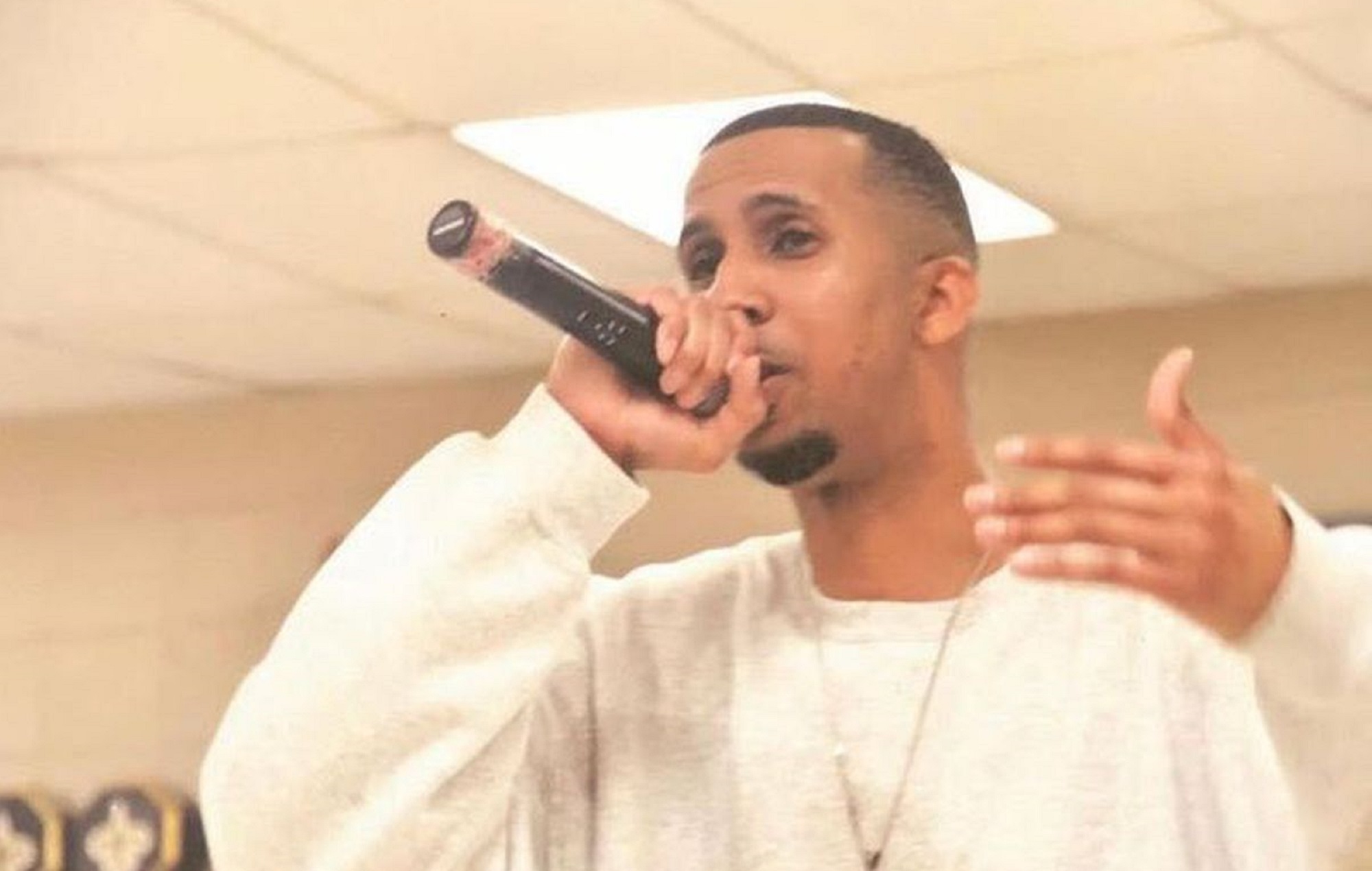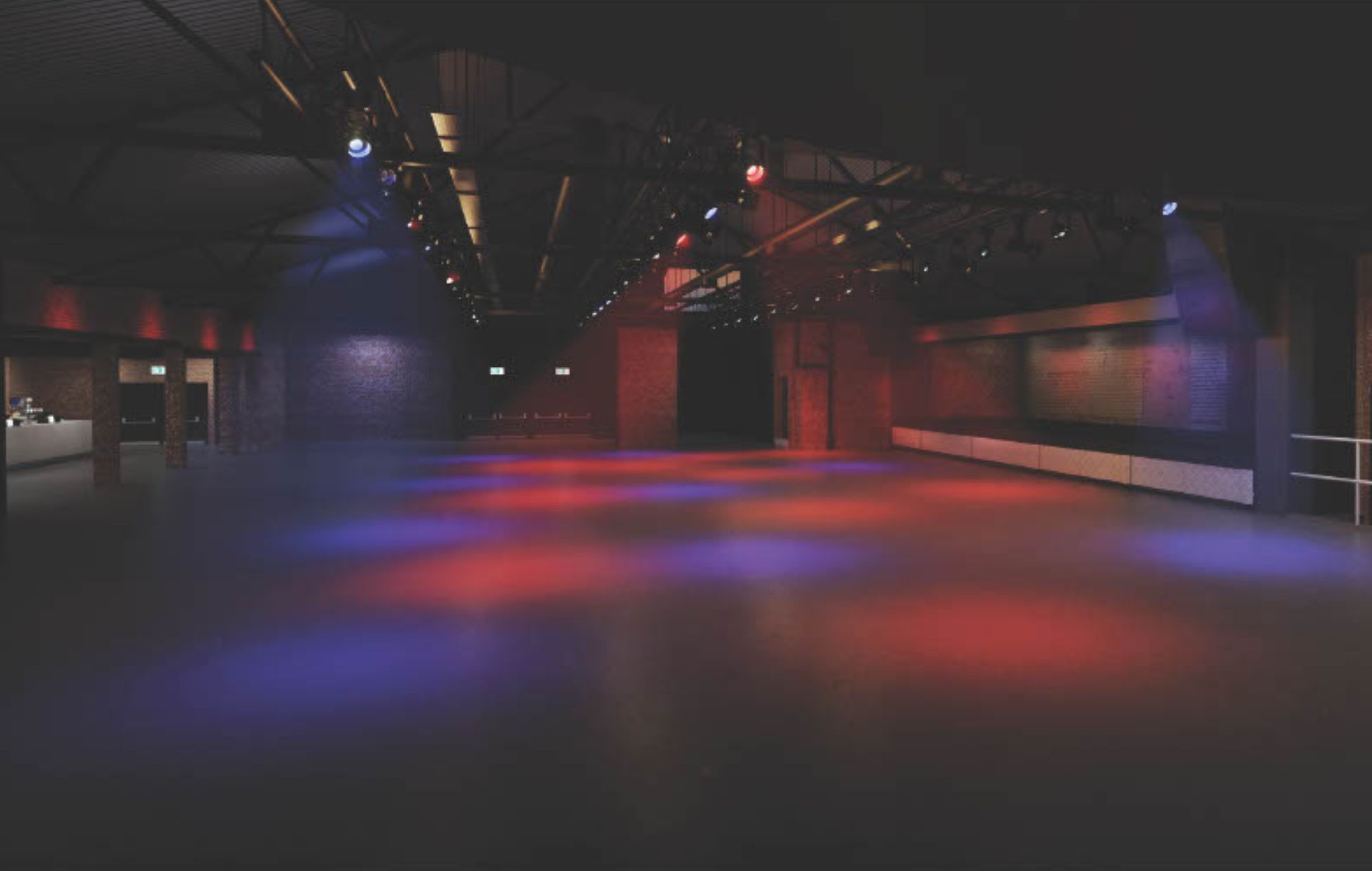
McKinley ‘Mac’ Phipps, formerly a rising rap star signed to Master P‘s No Limit Records, has been granted parole after serving over two decades of jail time for manslaughter.
Phipps was incarcerated following an incident at a performance at a club in St. Tammany Parish, Louisiana, in 2000. After a fight broke out at the venue, 19-year-old Barron Victor Jr. was shot and killed, with Phipps arrested and later convicted for the crime.
The rapper has long maintained his innocence amid a lack of strong evidence. In 2014, The Lens published the results of a three-month investigation claiming that a key witness said she was coerced into identifying Phipps as the shooter because of investigators’ threats to charge her.
The Huffington Post later reported that four other witnesses also said they were threatened, intimidated or ignored by investigators, and in 2016 obtained the videotaped confession of a security guard at the club telling police that it was he who had killed Victor. The security guard was not charged.
Phipps had twice appealed for clemency, which would allow for his conviction to be pardoned. The first failed, however the second, earlier this year, saw Louisiana Governor John Bel Edwards recommend immediate parole eligibility.
Now, the Louisiana Board Of Pardons And Commitee On Parole has made a unanimous decision to grant him parole from a sentence that originally would have kept him incarcerated until 2030. The date for his release is yet to be confirmed.
“I want to say thank you for this opportunity,” Phipps said during the hearing, which you can see in full above.. “I definitely want to say I’m sorry to the family of the victim and to just anyone who was affected by this.”
It was noted during the hearing that Phipps had not incurred a single disciplinary infraction during his time in prison. He also participated in programs where he would mentor younger inmates.
His parole will initially be under the conditions of a 9pm-6am curfew, six hours of community service a month with at-risk youth, and the promise to avoid establishments which serve alcohol.
In 2015, Killer Mike of Run The Jewels spoke out about the use of rap lyrics as evidence during Phipps’ trial.
In an article for Vox, Mike said there was “no physical evidence connecting Phipps to the crime” and that “multiple eyewitnesses [identified] a different shooter”. It continued: “The prosecutor went after Phipps’ art, relying on a tactic that dates back to the Jim Crow South: he punished black speech”.






